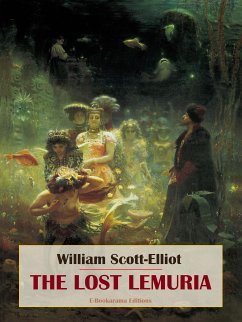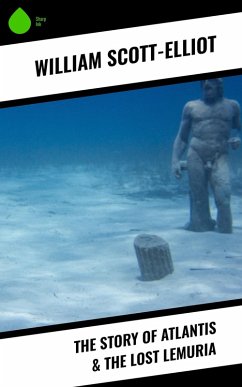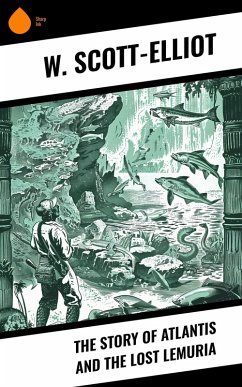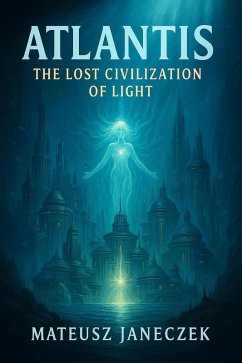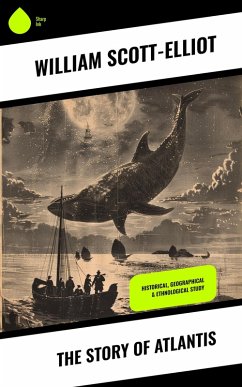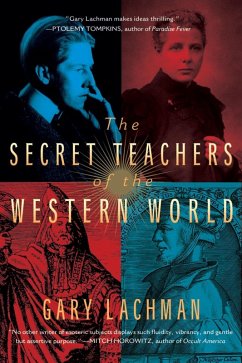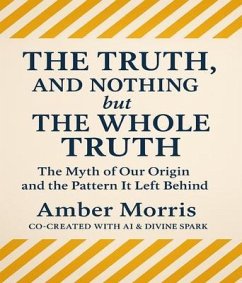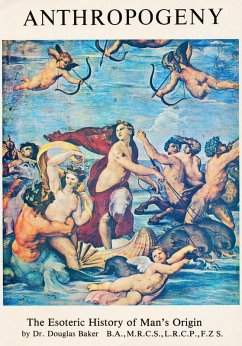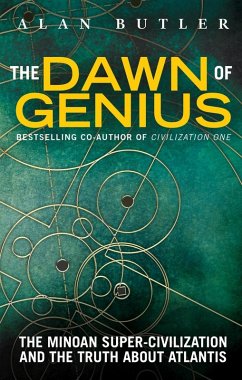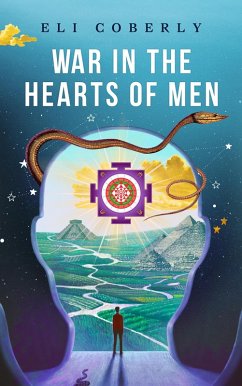
The Lost Lemuria (eBook, ePUB)
Versandkostenfrei!
Sofort per Download lieferbar
2,13 €
inkl. MwSt.
Weitere Ausgaben:

PAYBACK Punkte
0 °P sammeln!
In "The Lost Lemuria," William Scott-Elliot delves into a captivating blend of speculative fiction and esoteric philosophy, exploring the mysterious ancient civilization of Lemuria, a land believed to have existed in the Pacific before vanishing into the depths of the ocean. Through a masterful narrative that weaves together elements of Theosophy and Atlantis mythos, Scott-Elliot presents a richly imagined world inhabited by spiritually advanced beings whose legacies continue to influence humanity. The prose exhibits a lyrical quality, drawing readers into a vision where science and mysticism ...
In "The Lost Lemuria," William Scott-Elliot delves into a captivating blend of speculative fiction and esoteric philosophy, exploring the mysterious ancient civilization of Lemuria, a land believed to have existed in the Pacific before vanishing into the depths of the ocean. Through a masterful narrative that weaves together elements of Theosophy and Atlantis mythos, Scott-Elliot presents a richly imagined world inhabited by spiritually advanced beings whose legacies continue to influence humanity. The prose exhibits a lyrical quality, drawing readers into a vision where science and mysticism intertwine, challenging conventional historical paradigms and inviting reflection on the deeper connections between civilization and its cosmic origins. William Scott-Elliot was a prominent figure in the early 20th-century Theosophical movement, which significantly shaped his literary pursuits. His fascination with lost civilizations and the human quest for spiritual enlightenment is evident throughout his works. This background, steeped in metaphysical inquiry and a quest for understanding humanity's place within the universe, is what propels the narrative of "The Lost Lemuria" and its emphasis on the potential rediscovery of ancient wisdom. This book is recommended for readers interested in speculative fiction that transcends mere storytelling, offering rather a philosophical inquiry into past civilizations and their relevance to contemporary society. Scott-Elliot's innovative approach invites exploration of themes of loss, enlightenment, and the enduring quest for knowledge. Those who enjoy works that challenge the boundaries of history and metaphysics will find "The Lost Lemuria" a profound and enriching experience.
Dieser Download kann aus rechtlichen Gründen nur mit Rechnungsadresse in A, B, BG, CY, CZ, D, DK, EW, E, FIN, F, GR, HR, H, IRL, I, LT, L, LR, M, NL, PL, P, R, S, SLO, SK ausgeliefert werden.




